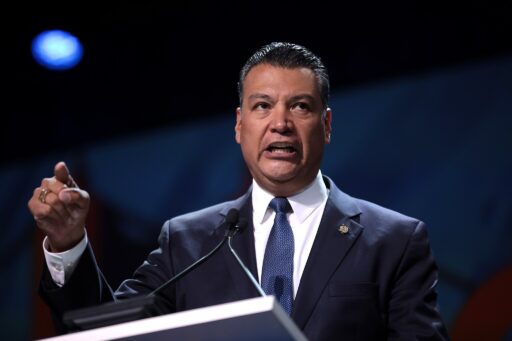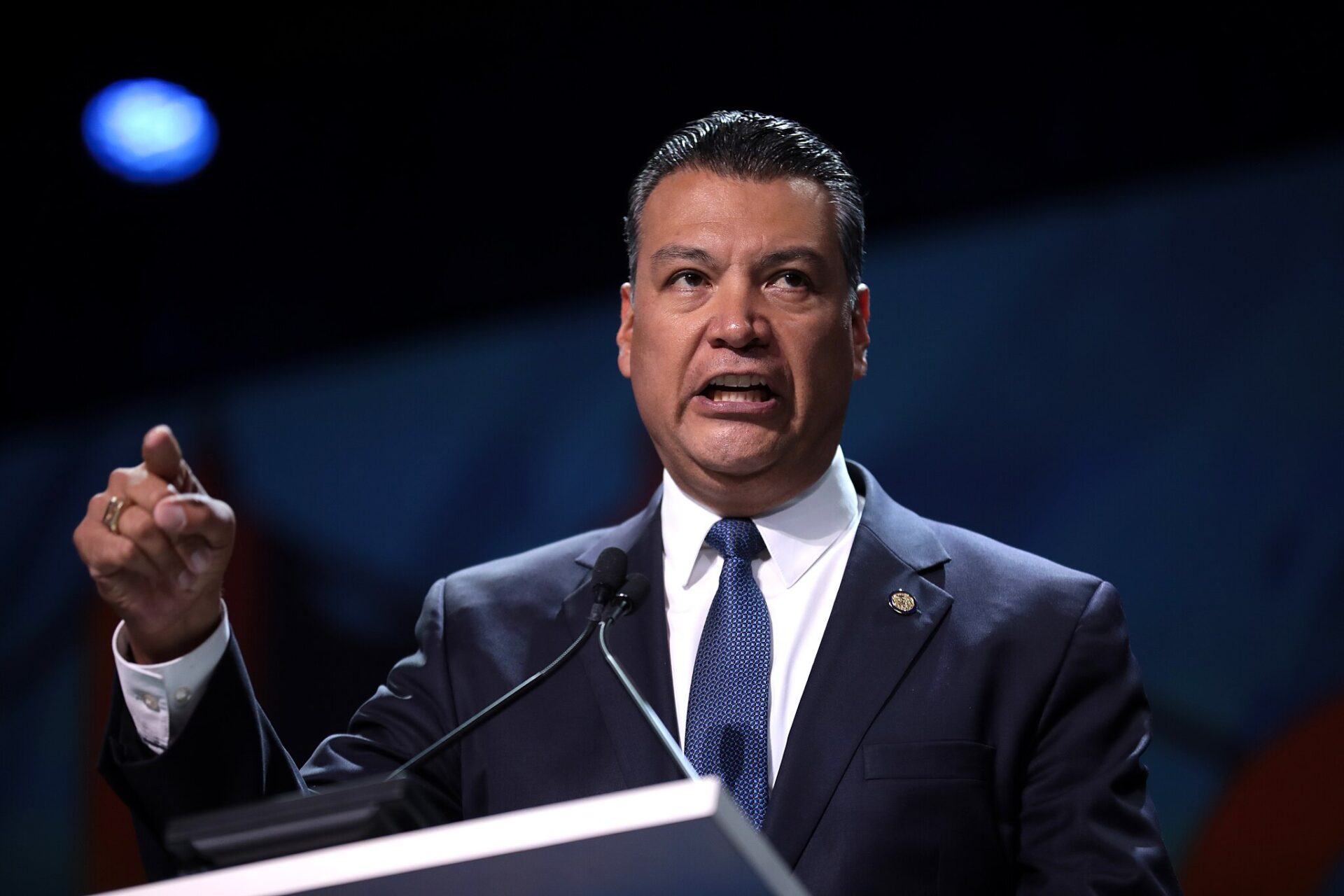How is this even legal?
Senator Alex Padilla (D-Calif.) recently voiced California’s commitment to using taxpayer funds to assist migrants in need of “legal support” in response to the perceived threats posed by the incoming Trump administration. Appearing on CBS’s Face the Nation, Padilla emphasized that his state would stand firm in protecting the rights of migrants, particularly in light of President-elect Trump’s stance on immigration.
“We know from the first Trump administration that there will be a lot of fear in our communities, and it’s essential that families understand their rights,” Padilla said, reinforcing his belief that California’s values of diversity are central to the state’s prosperity. “Our diversity is what makes California thrive,” he continued, positioning the state as a stronghold of inclusivity, even as the federal government pursues stricter immigration policies.
This sentiment echoes California’s long-standing position as a sanctuary state, where local authorities are not required to cooperate with federal agencies like Immigration and Customs Enforcement (ICE). Padilla reaffirmed that California law enforcement “has no obligation” to assist with deportations or immigration enforcement. He argued that local and state officials should focus on their responsibilities, while the federal government handles immigration policy.
President Trump’s administration, however, has been clear in its approach to immigration reform, with a focus on border security and the deportation of individuals who have entered the country illegally. This includes his push for mass deportations, a proposal that has raised concerns, particularly in California, which has one of the largest immigrant populations in the country. While Padilla acknowledges a bipartisan consensus on deporting violent criminals, he warns against indiscriminate deportations, which he believes would harm families, disrupt communities, and damage the economy.
Tom Homan, Trump’s pick for “border czar,” has responded by vowing to withhold federal funds from states that obstruct immigration enforcement. Homan has been vocal in his belief that public safety and national security must be prioritized, stating that governors and mayors should put the well-being of their communities above political differences with the President. “You can hate Trump all you want,” Homan said, “but you gotta love your community more than you hate President Trump.”
As this debate intensifies, Californians will continue to grapple with the balance between state sovereignty and federal immigration policy, while President Trump’s administration pushes forward with its aggressive enforcement agenda.







